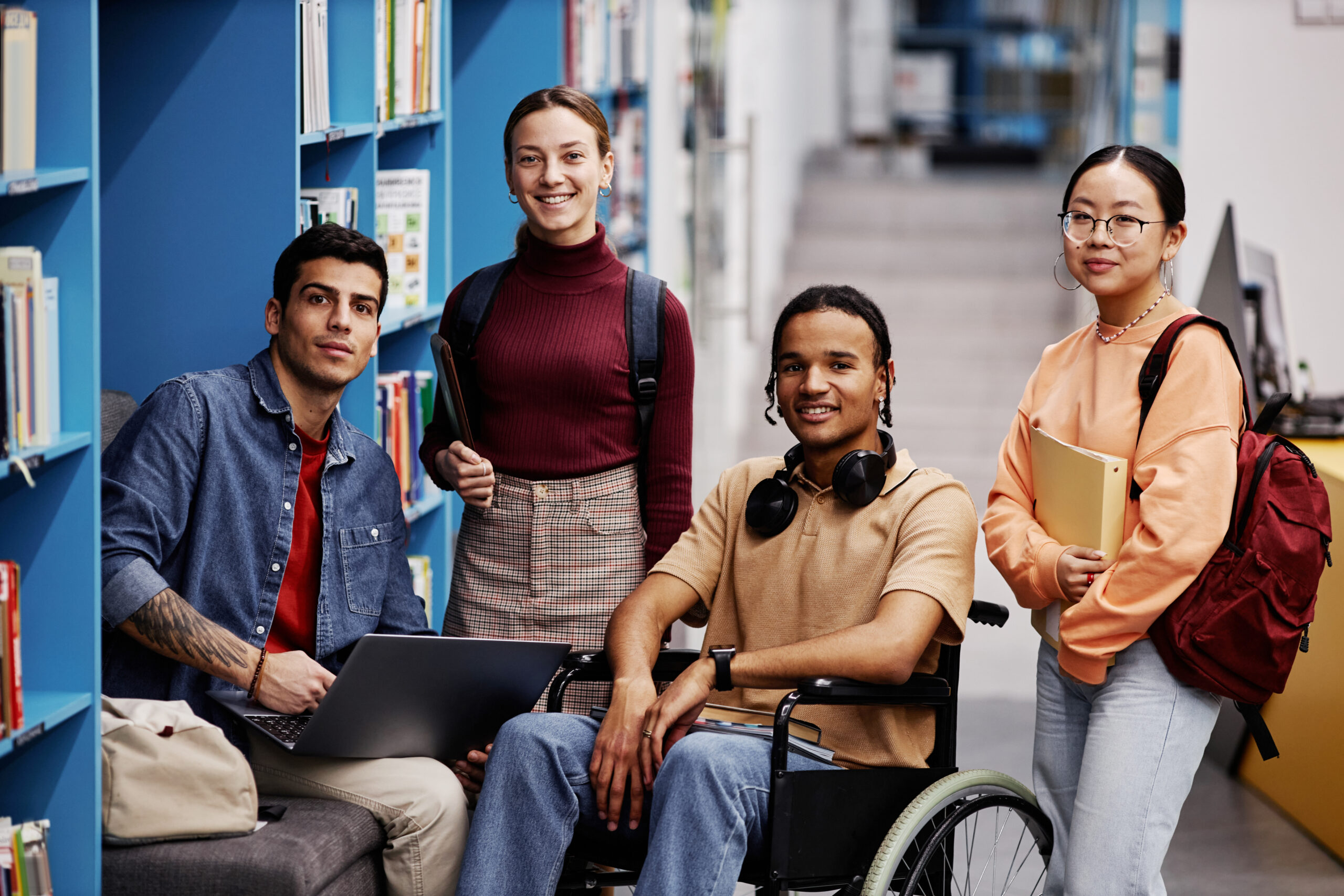Stories
Anonymous
PhD Student at University
Challenges in the educational journey
When I pursued my master's degree, I acquired a life-altering disability that necessitated a 4-year medical leave. Symptoms of this injury continue to persist to this day, including chronic-pain, chronic-fatigue, and hearing impairment all while experiencing chronic illness. I rely on assistive technologies to be able to partake in daily activities. Depending on the task my energy can fluctuate, therefore I have to carefully allocate time for the specific activities. Obtaining the necessary accessibility accommodations proved to be a demanding task in itself. Institutions require extensive medical documentation for me to receive basic accommodations like extensions. This process felt unnecessarily rigid, with institutions citing concerns about academic integrity as reasons for hesitancy in providing support. Experiencing the barrier of obtaining necessary accommodations revealed the larger systemic stigma that is associated with disability in academia. Representation of disabled individuals should be approached with a progressive mindset that celebrates diversity, yet often it is done dismissively, reducing us to mere checkboxes on a diversity acceptance checklist. This was evident in the grant application process, where I was urged to write about my life as a person with a disability. Instead of feeling empowered to share my experience, it felt like a game where the severity of my struggles determined my chances of receiving funding for necessary resources. Unfortunately, this commodification of experiences is a common reality for many disabled people, perpetuating harmful stereotypes and marginalizing us further.
Access to digital learning resources
Access to digital learning resources became necessary for my education, especially during the pandemic and due to my medical condition. The transition to online schooling became my lifeline, enabling me to continue my education despite limitations. Technologies like live transcription devices and virtual communication platforms became essential tools for me to accessing educational content. Navigating digital platforms presented its own set of challenges, highlighting the need for ongoing improvements in accessibility standards. Despite these advancements, the digital divide persists for many disabled individuals, further intensifying educational inequalities. The dependence on digital resources highlights the importance of ensuring that such resources are inclusive and accessible to all students, regardless of their abilities. Educational institutions must prioritize training faculty and staff to effectively utilize these tools and accommodate diverse learning needs.
Attitudes and societal perceptions
There seems to be a perception or a threshold of what makes someone disabled. In my experience if I appear “too able-bodied,” I am less likely to receive support, necessitating self-advocacy. What people do not realize, is that I do not always “appear” disabled. There are days that I appear to be “functioning” as a “able-bodied” individual. On these days, it is not that I am “recovered” but rather, I am simply masking my symptoms. The pervasive societal notion of “passing” as able-bodied adds another layer of complexity to my experiences. There are times when I feel compelled to hide my disabilities to avoid judgment or discrimination. This constant balancing act between disclosing and concealing my disabilities, depending on the situation can be emotionally draining and contributes to feelings of isolation. Transitioning from the complexities of societal perceptions of disability to the empowering opportunity presented by sharing my story anonymously, I find solace in the freedom to express myself authentically without the pressure of being identified. This offers a sense of liberation and empowerment within the discourse surrounding disability awareness. Although my story is shared anonymously today, I encourage other disabled people to share their story however they feel most comfortable. Sometimes this indeed shows itself through our pictures and our physical representations. Just because we advocate and engage in public activism, it is also okay to participate privately. Your sense of self and wellbeing are the most important factors when sharing your story. Whether this shows itself through anonymous translations, or as a “poster-person,” your story belongs to you and it is okay to exercise caution.
Effectiveness of support systems
The effectiveness of support systems throughout my educational journey has varied greatly. While some academic advisors, professors, and institutions have been understanding and accommodating, others have fallen short in providing necessary support. I've experienced instances where I've had to fight tirelessly to have my needs recognized and met, facing resistance and skepticism every step of the way. This inconsistency in support highlights the need for more standardized and comprehensive support systems within educational institutions. On the flip side, when provided with adequate support, I've witnessed firsthand the transformative impact it can have on my academic experience. One of my professors, who identifies as a blind person, exemplified this by creating an inclusive learning environment wherein both visual and hearing impairments were accommodated. My professor’s enthusiasm and willingness to provide accommodations without the need for extensive medical documentation (i.e., “proof” of disability) or bureaucratic hurdles was a stark contrast to the challenges I faced elsewhere.
Suggestions for institutional support
To enhance support for accessibility needs, clarity in the accommodation process is essential. A transparent database of available accommodations, including informal options like flexible scheduling, would be beneficial. Clear communication about preferences, such as communication style and deadlines and encouraging students to express concerns without fear of repercussion fosters a supportive environment. It's important to teach students how to communicate their needs effectively without being pressured in disclosing personal health information. Continued elevation of accessibility work, including knowledge transfer and collaboration, is vital for avoiding duplicated efforts and making meaningful progress. While strategic plans may prioritize accessibility, action is necessary to turn intentions into tangible improvements.
